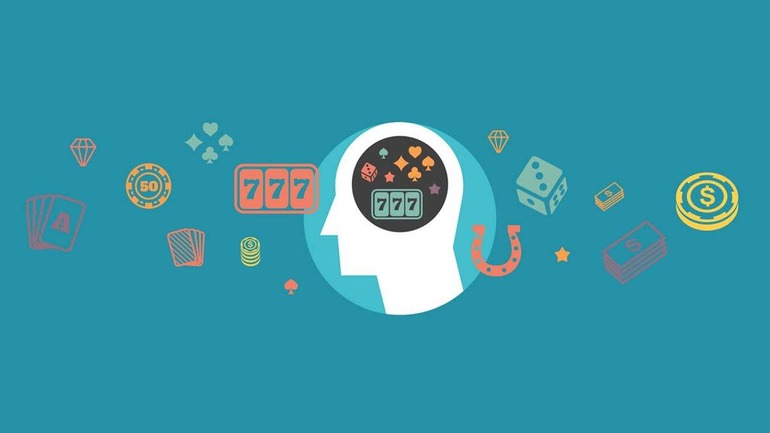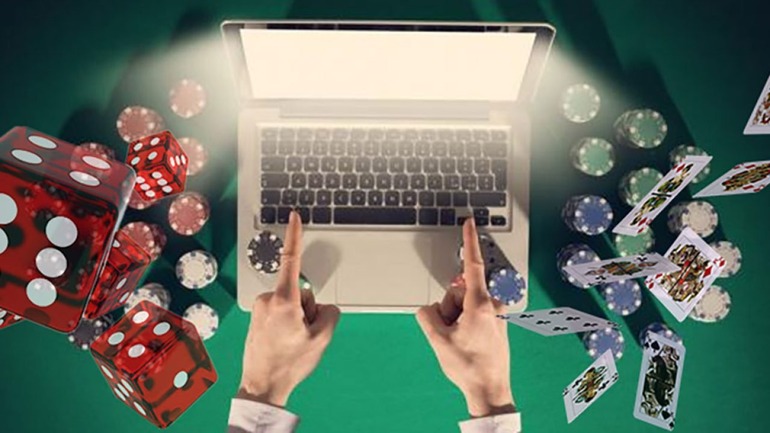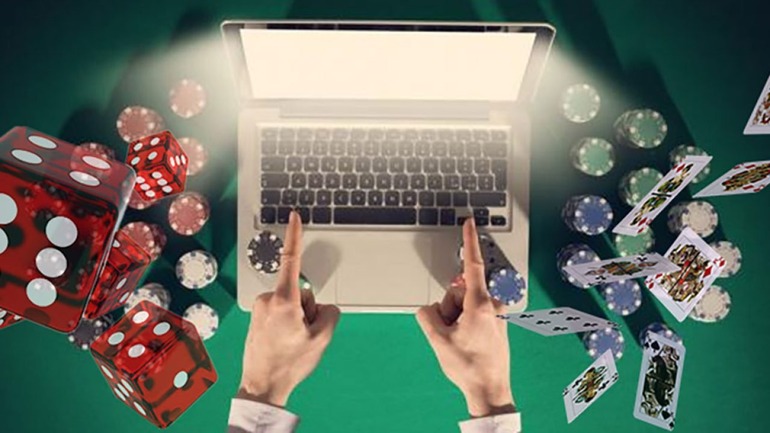There is no humanity without gambling. Every single day, we take small risks for various rewards. But what drives all of these gambles is psychology. Learn how the thrill of winning, the fear of losing, impulsivity, stress, and a flashy UI can manipulate your gaming. Once you know this, you know everything you need to control your gaming habits.
Gambling has taken various fascinating forms over the years. What started as a simple game of dice first evolved into spinning wheels. Spinning wheels then got converted into a flip of cards, by far the most common allure that draws millions to casinos, online platforms, and betting shops. Beneath all of this lie powerful psychological triggers that can lead to impulsive decisions, stress, and even financial loss. Understand these, and you will be able to stay calm and collected in the world of high-stakes gambling.
The Thrill of Winning: A Dopamine Rush
Few things compare in terms of potency to the thrill of winning. It is a trigger that is not just an emotional high but a biological response. Winning a bet releases dopamine in your brain, with dopamine being the basis of pleasure and reward. Such a dopamine rush can be so intense that it creates a euphoric sensation, reinforcing whatever behavior you are partaking in and making you want to experience it again.
However, such a rush is easily deceptive. The desire to chase your feeling of winning can override rational decision-making, which then leads to taking risks that you would usually not want anything to do with, such as impulsive betting. Partaking in such impulsive actions then makes your brain associate gambling with pleasure, which can result in a dangerous feedback loop that is very hard to break.

The Fear of Losing: Loss Aversion
On the flip side of winning we have losing, which is associated with very deep fear. Losses often have a more significant impact than gains, which leads to a concept known as loss aversion. The latter means that losing $100 is more emotionally taxing than winning $100 is rewarding.
Such a fear can drive gamblers to make irrational decisions, namely, betting more in an attempt to recover past losses. Responsible gambling categorizes this phenomenon as “chasing losses”, and it can cripple players from all walks of life. Moreover, this mindset can spiral out of control, leading to larger bets, increased stress, and, finally, more significant losses.
Impulsivity and Decision-Making
Gambling environments are designed to make the most out of the psychological triggers that we just described. A combination of intermittent rewards and high stakes can turn even the most disciplined individuals into impulsivity-prone punters. Said impulsivity is further fueled by the “hot hand fallacy”, where a person believes that a winning streak is not going to end any time soon, which then leads to increasingly risky betting.
The instant nature of gambling, so the gratification from rapid slots or fast decisions in poker, plays a key role in impulsivity control. Little time to think makes gamblers act on gut feeling instead of rational thought, which can lead to regrettable choices.
The Role of Stress: A Vicious Cycle
Stress is a trigger and a consequence of gambling. All outcomes have uncertainty behind them, namely the fear of losing money, and the pressure to make quick decisions. Both of these factors contribute to heightened stress levels. Ironically, it is stress that can lead individuals to gamble, especially as a form of escape from worries, which then results in a vicious cycle.
This vicious cycle leads to more stress that stimulates gambling, which can result in additional losses, which is turned into more stress, and so on. Such a vicious cycle can then lead to mental and physical issues, such as anxiety, depression, and other complications. It is, therefore, paramount that you read our responsible gambling guides and always play at trusted online casinos and sportsbooks that put your well-being first.

Flashy Casino UI: A Designed Experience
Casinos and online gambling platforms are designed to keep players engaged. The bright lights, vibrant colors, and flashy animations make every single second a captivating experience. Moreover, constant sensory input can make it difficult for punters to focus on something else, which can affect rational decision-making.
What is more, the nature of gambling leads to psychological techniques such as near-misses, where you are very close to a win due to chance. Near-misses can trigger a strong emotional response that makes players feel like they are “almost there” and keeps them locked in.
Staying Calm and Collected: Strategies for Responsible Gambling
How can you stay calm and collected during gambling if there are so many psychological triggers and tricks? Here are a few approaches:
- Set limits – Never start a gambling session without deciding on a budget. This budget should not change regardless of what happens, and it should be your limit.
- Take breaks – Regular breaks can help you keep perspective and prevent impulsive decisions. Taking regular breaks can help keep your mind clear.
- Stay mindful – Be aware of psychological triggers, such as the thrill of winning and the fear of losing. Recognizing these feelings is crucial to making decisions and thinking rationally.
- Avoid high-stress situations – Feeling stressed or anxious is the worst when deciding on gambling. Always avoid gambling when you have such feelings, as they can impair your judgment and cause impulsive behavior.
- Focus on the long term – Remember that gambling is a form of entertainment, nothing else. Do not rely on it for any form of benefit outside of temporary fun.
The Final Bet
The psychology behind gambling is very complex, involving a combination of reward, risk, and emotion. Understanding the psychological triggers can help you navigate the challenges of gambling. This then leads to informed and rational decisions. But staying calm and collected is not just about self-control, it is about recognizing the forces that play into each one of your bets. When you master this, you master the art of healthy gaming.
